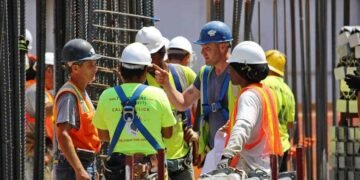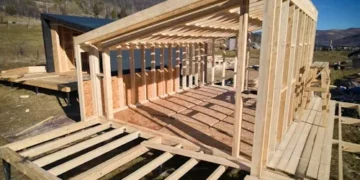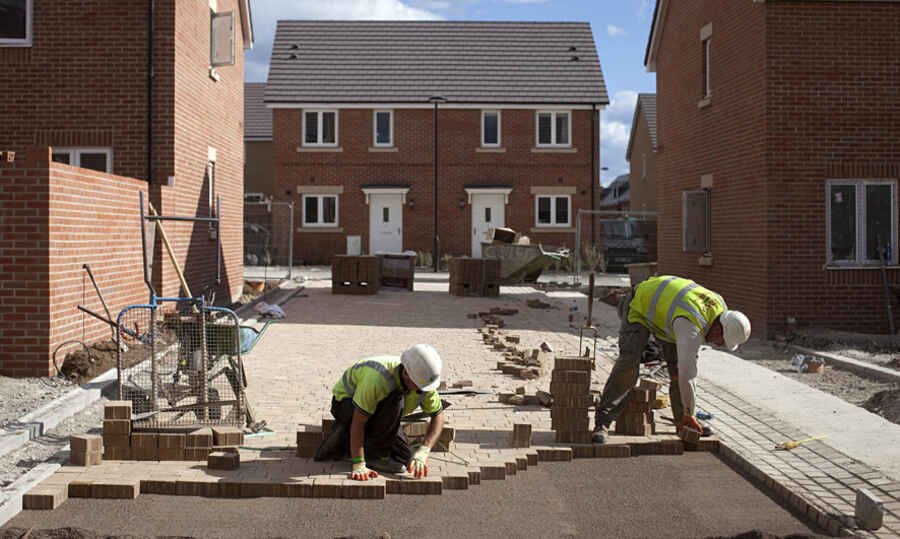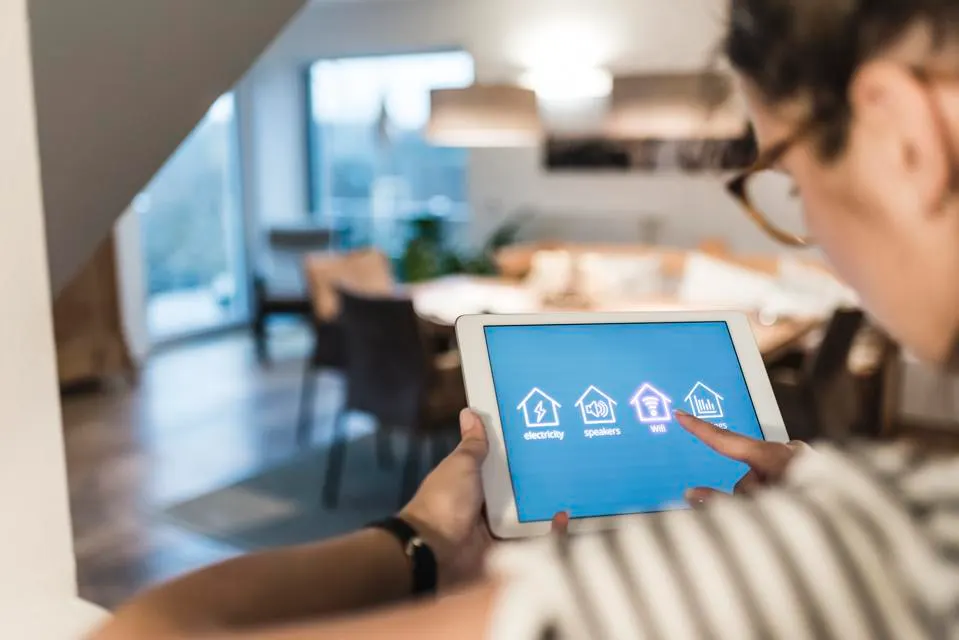There are two ways to make your dream house a reality: hiring a home builder and having them build it for you or doing it yourself.
Now, a home builder will charge, on average, $281,000 for a 2,200 sq. ft. house. When matched against your average income (about $6,228), it”ll take you four years — if you don”t spend a penny — to finally be able to hire a company to build your dream house.
In contrast, if you choose to do it yourself, it”ll take half the financial investment (and time) — and you can start right now!
However, the process demands effort, commitment, and time. In this post, we”ll be disclosing how much of each you really need to get your home off the ground.
Let”s get started!
Understanding Your Labor of Love
Before we dive into savings and the nitty-gritty of home construction, let”s acknowledge that building your home yourself is satisfying on a lot of levels, such as:
- You experience a sense of accomplishment when you build your home brick by brick and watch it come to life.
- From layout to finishes, self-building gives you the freedom to design and customize every single thing!
- You acquire new skills and knowledge about construction, home owning, architecture, and design.
- You become a better manager and leader because you have complete control over the timeline and quality of work.
All these rewards make building your home truly a labor of love — because the hard work you invest becomes more about the non-monetary treasures you gather instead of just material “savings.”
4 Types of Home Construction Commitments
Now, home construction demands four types of commitments. Let”s check them out:
1. Financial Commitment
The average cost of building a new home is about $50 to $400/sq. ft. However, the exact figure will depend on the following:
- Location
- House type
- Materials and design choices (for doors, roof, and walls)
- Number of bathrooms
- Kitchen style
- Garage type
- Landscape allocation
- Project complexity
Once you have a per-square-foot cost in hand, multiply it by the total covered area, and you’ll get the amount you need to invest in your home. Generally, this amount is 50% less than what you’ll be spending if you buy a ready-made house or hire a company to build you a custom home.
If plugging in numbers is not something you want to do, you can use an online self-build house cost calculator to get a realistic estimate of the financial commitment you need to make.
However, don”t jump in once you get the estimate. Remember: it’s best to begin the project when you have at least 75% of the required amount in hand. You can ensure that by taking a construction loan.
Plus, don”t blindly rely on your monthly salary. If you lose your job, you’d have to pause the project midway — which could push all your hard work and investment down the drain.
For a deeper dive into the financial aspect of building vs buying a home, check out Westpac’s guide.
2. Time Commitment
With a team, it takes about 8–12 months to build a house from scratch. When we say “team,” we’re referring to several helping hands, such as your family or professional builders.
However, sometimes it may even take 24 months or more. And if you’re doing it alone, multiply that time frame by 2x!
So, your time commitment comes down to the size of your workforce and how much time you can dedicate to the project every day.
3. Emotional Commitment
So far, we”ve only looked at the “rewards” of building your own home. But the truth is, this journey also has its fair share of setbacks and challenges. Here are a few you”re likely to face:
- Balancing construction tasks and personal commitments
- Delays or damage caused by heavy rainfall, storms, hurricanes, or tornadoes
- Difficulty finding the right materials
- Unexpected expenses that break your budget
- Not knowing how to navigate construction tasks
- Inability to get construction permits
- Decision fatigue
- Construction hazards
- Improper safety measures during construction.
These challenges may test your patience at several points and make you want to quit. But you need to be prepared to deal with them all beforehand.
If you really want to DIY your home, you need to make an emotional commitment to keep going no matter what and be able to conquer challenges as they come. Your emotional commitment will also help you stay positive throughout the process.
4. Quality Commitment
Quality commitment means being dedicated or focused on ensuring that everything you use is of the highest quality possible, within the limits of your budget. But doing that might take tons of research, testing, and careful evaluation.
A few examples of things you will have to consider include:
- Architecture designs
- Wall and floor materials
- Doors and windows
- Electrical systems
- HVAC systems.
For each of these, you”ll have to browse tens of hundreds of options before you find the perfect fit for your home. It”s not easy, but it”s definitely worth it to get the best possible outcomes.
Recommended Posts:










